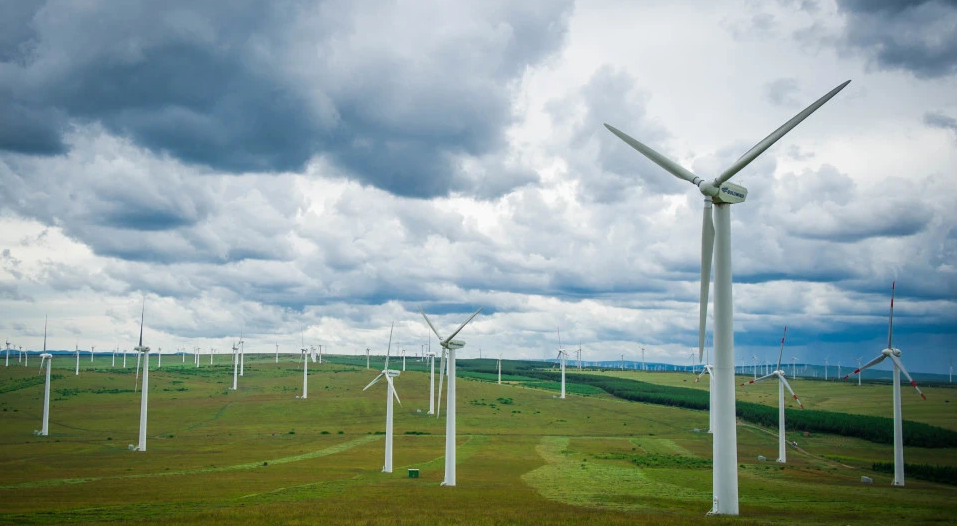If the projects proceed, they would help Canada fulfill a pledge last year to supply green hydrogen to Germany by 2025, trying to overcome obstacles such as equipment shortages and local opposition. It was unclear however how much demand may materialize for green hydrogen and some experts have questioned the efficiency of using Canadian renewable power to produce hydrogen and ship it to Europe.
Canada faces competition from the U.S. Gulf Coast region and other parts of the world that want to dominate future hydrogen trade.
The Newfoundland government said EverWind NL Company, Exploits Valley Renewable Energy Corp, ABO Wind and World Energy GH2 can apply for approval to use government land, subject to environmental assessment.
Newfoundland had received 24 bids in total and in July narrowed the list down to nine projects, which it did not identify, to advance to a further evaluation stage.
Hydrogen is a low-emissions fuel made by electrolyzing water that can help decarbonize heavy-emitting industries and transportation. It is considered "green" if produced with renewable energy and "gray" if the process is fueled with carbon-emitting natural gas.
World Energy GH2 submitted its environmental impact statement for its project to the provincial government this month and hopes to start producing hydrogen in 2025. Some residents have raised concerns about wind farms marring Newfoundland's pristine landscape.
Once the federal government finalizes tax credits for green hydrogen plants, World Energy GH2 will look to negotiate off-take agreements with hydrogen buyers and raise additional equity, CEO Sean Leet said in an interview.
"Our view is that the market will be under-supplied for the foreseeable future," he said.
